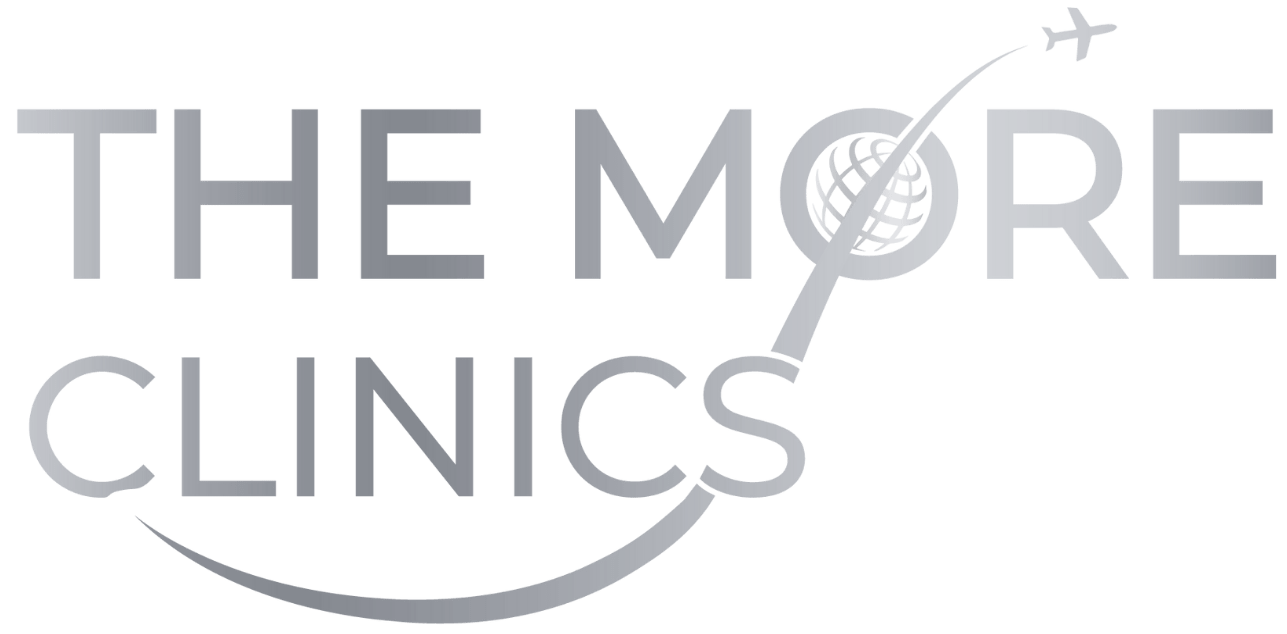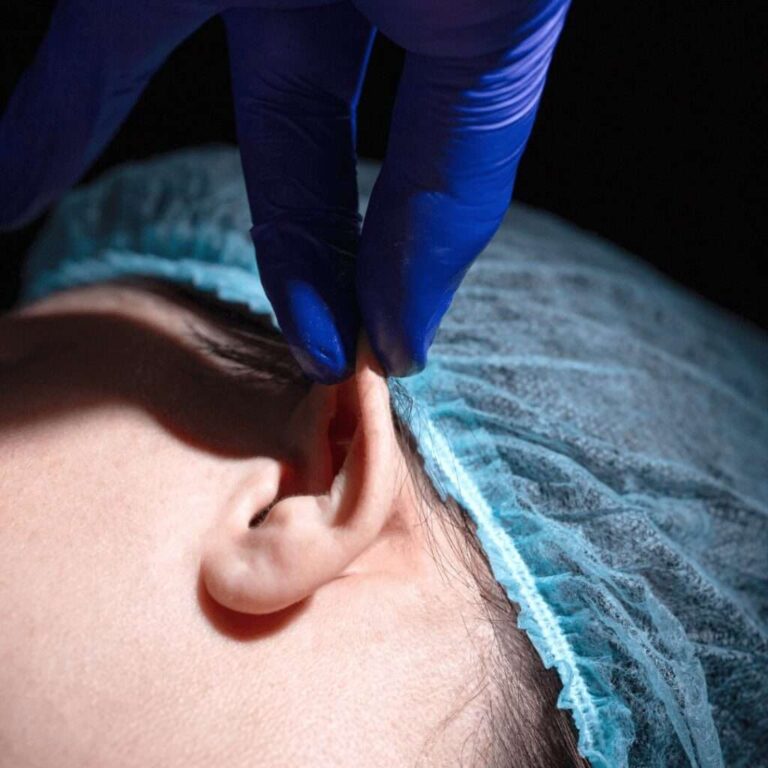The Most Common Plastic Surgery Complications
Plastic surgery is not just about vanity; it’s a field with complex healthcare implications. Procedures are categorized as either cosmetic, which focus on enhancing appearance, or reconstructive, which aim to correct physical defects. Common motives for undergoing plastic surgery include correcting misproportions, amending congenital anomalies, and trauma rehabilitation. However, any surgery, no matter how routine, carries risks. This blog post serves as an in-depth exploration of the most common plastic surgery complications that potential patients should be aware of before going under the knife.

Common Plastic Surgery Complications
Understanding the morbidity spectrum is vital for patients as it presents the range of potential complications. Here we outline the most common complications which can range from minor, with a swift recovery, to major, necessitating additional procedures or with long-term health implications.
Hematoma
A hematoma is a pocket of blood that resembles a painful bruise. It usually requires draining to alleviate discomfort and to prevent any secondary complications. Hematomas can occur in any surgery but are particularly common in body and breast surgeries.
Seroma
Similar to a hematoma, a seroma is a fluid-filled pocket, but instead of blood, it contains a clear fluid called serum. These can be managed with drainage, or sometimes resolve on their own, but may contribute to delayed wound healing.
Infection
The risk of infection is always present in surgery. Post-plastic surgery infections can manifest as a fever, redness, warmth, and pain. If left untreated, an infection can lead to serious complications and might require a course of antibiotics or further surgery.
Nerve Damage
Some plastic surgery procedures are intricate and involve a close proximity to nerves. Nerve damage can result in altered sensation, numbness, or in extreme cases, paralysis of the affected area.
Scarring
Scarring is a natural part of the healing process, and every incision will leave a scar. However, some individuals may develop overly prominent, raised or red scars which might necessitate additional treatments to alleviate.
Anesthesia Complications
The use of anesthesia carries its own set of complications. These can range from a mild reaction to a life-threatening one. Although rare, it’s in the best interest of the patient to fully disclose their medical history to their anesthesiologist.
Deep Vein Thrombosis and Pulmonary Embolism
After surgery, patients are often less mobile, which can lead to the formation of blood clots. These clots can migrate to the lungs, causing a life-threatening condition known as a pulmonary embolism.
Implant Complications
Patients who undergo breast augmentation may experience complications specifically related to their implants. This can include rupture, capsular contracture, which is the hardening of the tissue around the implant, or implant shifting.
Adverse Reaction to Medication
Anesthesia, antibiotics, and other medications administered during plastic surgery can cause allergic reactions. Such reactions may range from a rash and itching to difficulty breathing, which requires immediate medical attention.
Persistent Pain
While some discomfort is expected after surgery, persistent or chronic pain is not. This can have a significant impact on the patient’s quality of life.
Dissatisfaction With Results
Subjective outcomes can include unrealistic patient expectations or dissatisfaction with the aesthetic results of the surgery, highlighting the importance of setting realistic preoperative goals and postoperative expectations.
Complications by Procedure
This category discerns specific complications by the type of plastic surgery. For instance, upper eyelid surgery can result in difficulty closing the eyes, while rhinoplasty can lead to breathing difficulties.
Last Words from the More Clinics Turkey
Potential complications should not deter patients from seeking the plastic surgery they desire. Rather, they should serve as a call to action for diligent research, preparation, and a focus on patient safety. After all, an informed patient is an empowered patient. Remember, while the promise of transformation is alluring, navigating the potential risks with caution and knowledge is essential to a satisfying and safe plastic surgery experience. Contact us today to learn more and let us schedule your Free Consultation.
GET A FREE CONSULTATION!
Let’s Start Planning Your Treatment %100 Guarantee Results.






